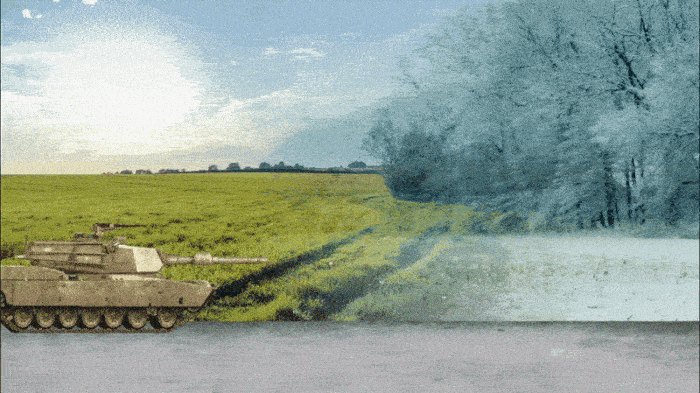The image of Russian (and Ukrainian) soldiers dug into snow banks to repel invaders has a long history. Napoleon and Hitler learned the hard way that winter provides defenders with a major home-field advantage.
Once again, winter will soon descend on a battlefield. Rain will turn hard earth into mud, slowing military movement. Snow will leave advancing forces with fewer places to hide and no good way to cover their tracks.
Ukrainian fighters know that winter will slow their current momentum, and Russians know it will cripple their ability to push hard in the opposite direction.
Before the freeze. That’s why both sides are now racing to dramatically improve their military positions before weather conditions worsen in mid-November. There may be a bloody battle ahead in Kherson City, the capital of one of the four Ukrainian regions that Russia now claims as its own. Ukrainian forces are pressing their sizable advantage, but Russians appear to be digging in for a potentially bloody urban fight. Unless Russian forces collapse, this city could provide one of the war’s deadliest battles in the coming weeks.
We’ll also see many more Russian artillery attacks on Ukrainian infrastructure that make it harder for soldiers to power the war, businesses to keep Ukraine’s economy afloat, and citizens to light and heat their homes.
During winter. In some ways, bitter weather will help Russia. “General Winter” is more likely than Russian commanders to slow the pace of Ukraine’s counteroffensive, which will require more fuel in winter, and the pause will give Russian trainers more time to prepare hastily mobilized forces for bitter battles to come.
But it may also help Ukraine because Western supplies are more likely to keep its troops in winter weather gear while exacerbating morale problems in Russian units that are struggling to incorporate cold and angry conscripts who don’t know why they’re fighting.
It’s also important for Ukraine and its backers in Europe and America that Putin ordered his invasion on February 24, giving them months to prepare for a rough winter in Ukraine and an energy crisis in Europe when Russian energy exports are halted. Had Russia launched this war in late summer or early fall, Ukraine and Europe would have had much less time for winter planning.
After the thaw. The real winner here is the war itself as colder months will harden a stalemate that will continue this fight well into 2023. In eight months of destruction, Russia has proven it can inflict deadly damage, but not that it can take Ukraine. The Ukrainians have proven they can beat back Russian advances and retake lost ground, but not that they can evict Russians from all their entrenched positions.
Ukraine’s Western backers have proven they support Ukraine’s defense but not actions that might escalate the war beyond Ukraine’s borders. China’s Xi Jinping has proven he’s sympathetic to Vladimir Putin’s worldview, but not that China will actively support Russia’s war.
And there is no basis for compromise. Putin’s government has done nothing to prove he’s looking for a face-saving way out of a war that has already proven far more militarily, economically, and politically costly than he imagined. Ukraine’s President Volodymyr Zelensky has given no indication he’s willing to concede one inch of Ukrainian ground.
For both sides, too much blood has been spilled and too much credibility remains at stake for these bitterly opposed governments to find even enough common ground for serious talks. Winter will pause, but not decide, this war.
